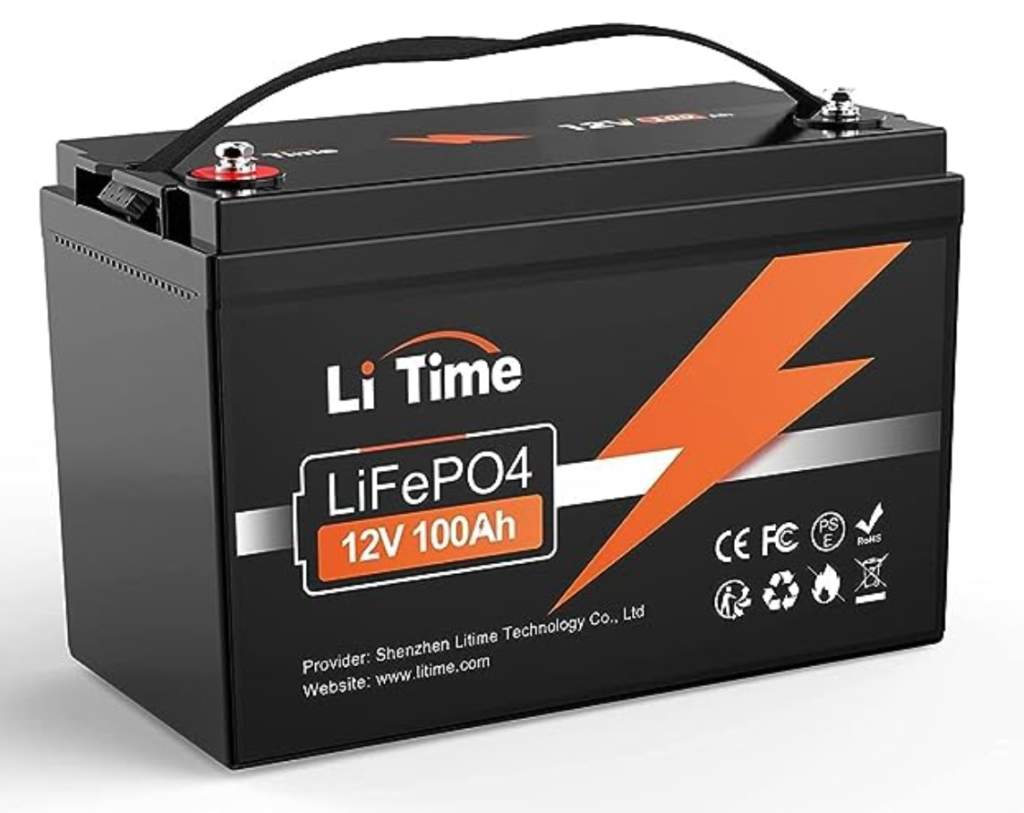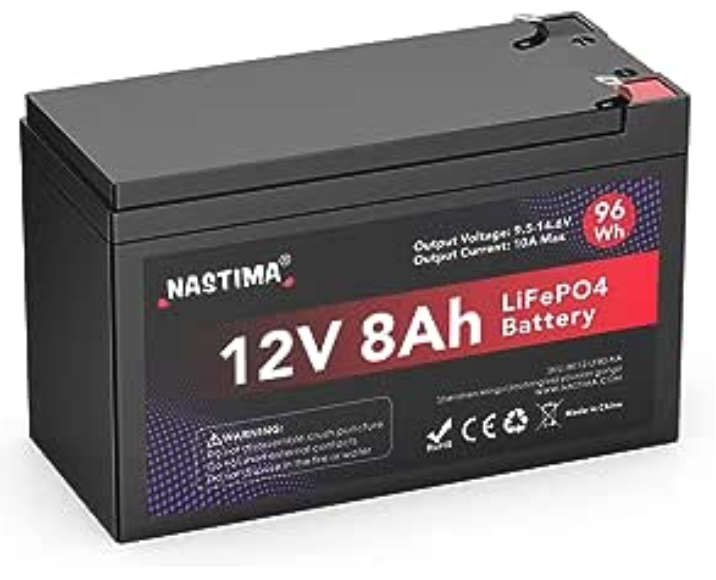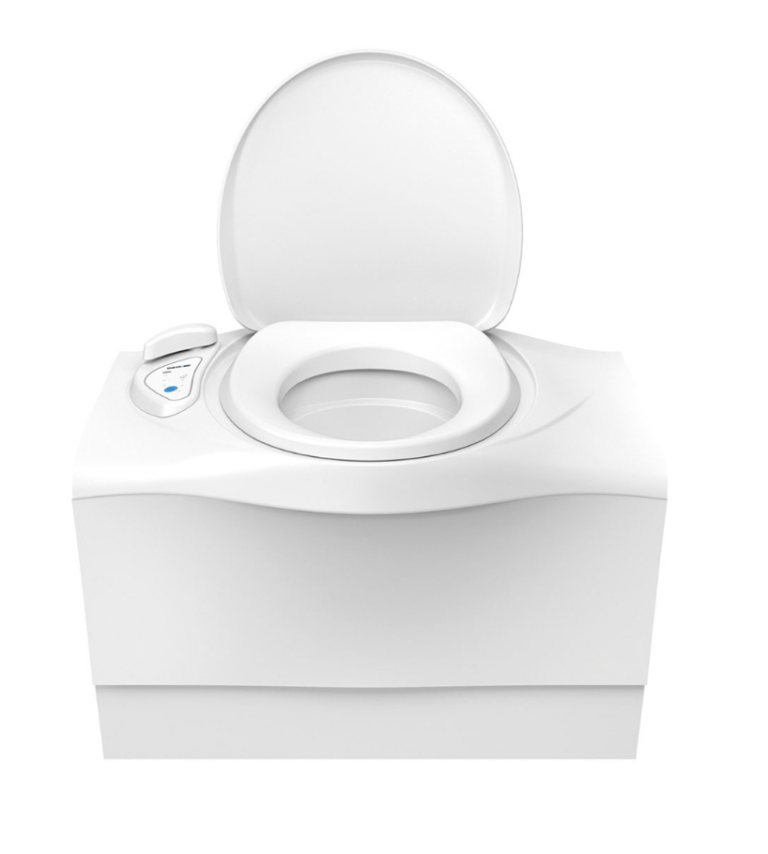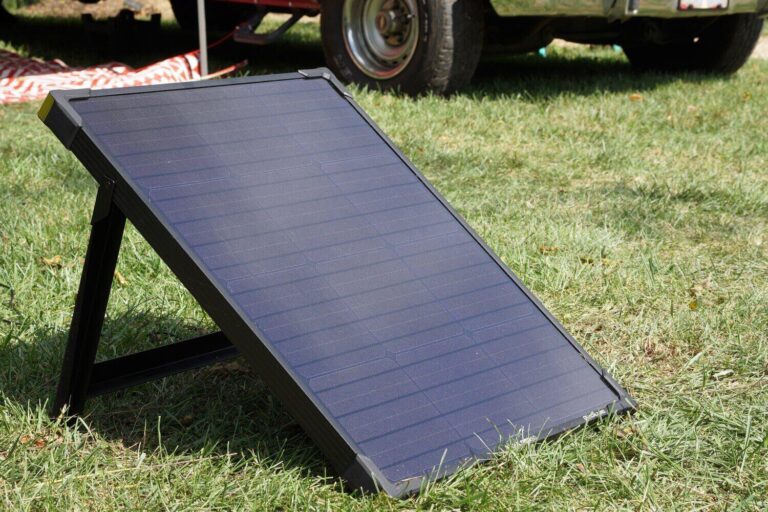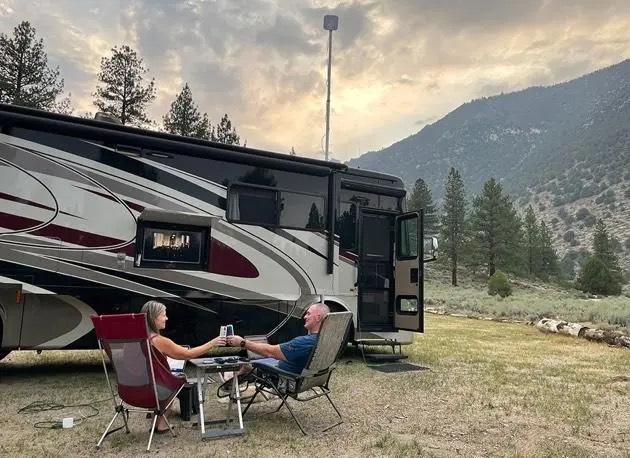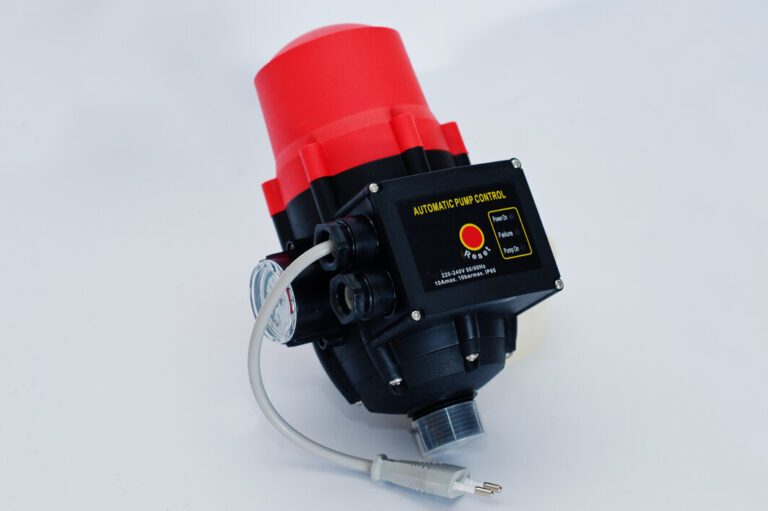Lithium RV Batteries:The Ultimate Guide
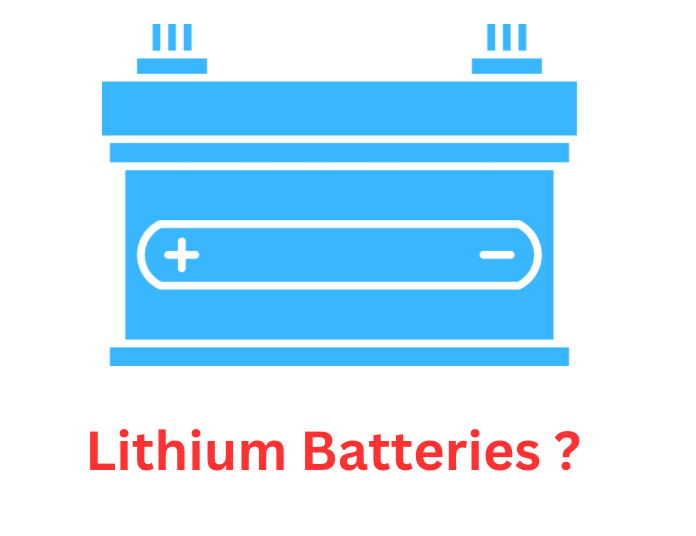
let’s see what they’re all about, is the hype valid and are they worth buying?
I need to understand the topic of battery upgrades, specifically the lead acid battery and deep cycle battery, myself before considering a recharge. Hence why I’ve written “Lithium RV Batteries: The Ultimate Guide.
It’s not surprising that camping enthusiasts and RV owners are increasingly opting for lithium RV batteries as a battery upgrade from traditional lead acid batteries. The advantages of using deep cycle batteries like lithium for camping are becoming more apparent. These new lithium power storage solutions have revolutionized the way we experience camping and outdoor adventures, offering a host of benefits over traditional lead-acid or AGM batteries. With a 100a BMS and solar capabilities, they provide cutting-edge technology for all your power needs. We all need more power Right ??
Check out all the videos below before reading the blog. I personally think they are the best YouTube videos ever on the topic of battery monitor, new lithium, rv lithium battery upgrade, and 100a bms. They break down the difference of different batteries on the market. Be sure to subscribe to the channels mentioned.
What is a lithium leisure battery?
A lithium leisure battery, often used in RVs and motorhomes, represents the latest innovation in rechargeable 12-volt batteries.
This type of lithium RV battery uses non-combustible lithium chemistry, specifically Lithium Iron Phosphate (LiFePO4), offering numerous advantages over traditional lead acid batteries or AGM batteries.
The Basics: How does a lithium leisure battery work?
Lithium leisure batteries function differently from typical RV batteries like flooded lead-acid ones.
In contrast to standard flooded lead-acid batteries, which outgas during charging, these modern-day marvels don’t produce gas when charged due to their unique composition – an attribute that makes them safer for indoor use.
Lithium RV batteries, specifically LiFePO4 batteries, operate differently from typical RV batteries like lead-acid or AGM.
Their unique, non-combustible lithium chemistry makes them safer and more efficient.
Unlike flooded lead-acid batteries, lithium RV batteries don’t outgas during charging or discharging cycles.
This means they can be installed in various locations within your vehicle without the need for venting systems.
A quality Lithium RV battery also includes an integrated Battery Management System (BMS).
This system ensures that each cell within the battery is charged and discharged evenly, extending its lifespan significantly compared to standard flooded lead-acid counterparts.
Lithium RV batteries can typically provide up to 80% of their rated capacity.
This high efficiency, coupled with a longer lifespan, makes these particular types of Lithium RV Batteries worth considering for any avid adventurer.
In our next section, we will dive into different types of this advanced energy solution.
Understanding Lithium RV Batteries: Benefits and Drawbacks
Lithium RV batteries, particularly lithium iron phosphate (LiFePO4) batteries, are increasingly becoming the favorite choice for adventurers.
Their popularity is due to their superior performance over typical RV batteries like lead-acid or AGM ones.
Unlike flooded lead-acid batteries, lithium RV batteries don’t outgas. This makes them safer and more convenient for use in confined spaces such as an RV interior.
Besides safety, these rechargeable 12-volt powerhouses have a longer lifespan than comparable flooded lead-acid options because of non-combustible lithium chemistry at play.
A quality lithium RV battery also offers higher energy density, which means they pack more punch per pound compared to standard flooded lead-acid counterparts.
The downside? The initial cost of purchase can be steep, but considering that today’s LiFePO4 versions last up to ten times longer than traditional types, it could well be worth the investment.
Let’s explore how you choose the right one for your adventure vehicle.

Choosing the Right Lithium Battery for Your RV
Selecting a quality lithium RV battery is crucial to ensure optimal performance and longevity.
You need to consider several factors before making your choice.
Type of Lithium Battery
LiFePO4 cells are usually picked over standard wet lead-acid batteries because of their sturdiness, safety and efficiency.
Battery Capacity
The capacity of lithium RV batteries can’t be overlooked, as it determines how long you can use your appliances without recharging.
Voltage Compatibility with Your Vehicle’s System
Your vehicle may require specific voltage levels; hence, choosing 12V lithium drop-in batteries could be an excellent option if that matches your system requirements.
Built-In Battery Management System (BMS)
A BMS ensures safe charging by preventing overheating or over-discharge – features not typically found in comparable flooded lead-acid batteries.
Different Types of Lithium Battery
Lithium batteries come in various types, each with their unique features and benefits.
The most common ones used for RVs are Lithium Iron Phosphate (LiFePO4) and Rechargeable 12-volt lithium batteries.
Lithium Iron Phosphate Batteries (LiFePO4)
This type is known for its safety, long lifespan, and high efficiency. This battery can be used for RV leisure uses in the vehicle.
Unlike flooded lead-acid batteries or AGM batteries, LiFePO4 can be discharged up to 100% without damaging the battery cells – a significant advantage when you’re on an extended adventure.
Rechargeable 12-Volt Lithium Batteries
If your needs include lightweight power storage that charges quickly, these might be your go-to choice.This battery is not suitable for RV leisure uses inside the vehicle but for much lighter uses .Both of these batteries have different uses , look the same but have vastly different prices ??
A key feature is their non-combustible lithium chemistry which makes them safer than typical RV batteries made from standard flooded lead-acid technology.
Installing a Lithium Battery in an RV
Upgrading to lithium RV batteries is no small task, but the benefits far outweigh any initial installation challenges.
You’ll need some basic tools and, of course, your favorite lithium RV battery.
The first step involves removing your old lead acid batteries or AGM batteries if you have them installed.
This process might differ slightly depending on whether you’re dealing with standard flooded lead-acid batteries or other types of typical RV batteries.
Your new lithium iron phosphate (LiFePO4) battery will come equipped with its own built-in battery management system that ensures safe operation by monitoring things like temperature and voltage levels – this makes 12V lithium drop-in replacement much easier than before.
To install it properly, make sure all connections are clean and secure; unlike flooded lead-acid counterparts, lithium RV batteries don’t outgas, so ventilation isn’t as big a concern here. But remember: safety always comes first.
If done correctly, these rechargeable 12-volt powerhouses can provide consistent energy for years without requiring heavy maintenance – making today’s high-quality lithium RV battery worth every penny spent.
In our next section, we’ll discuss how to maintain these robust systems for optimal performance over time… stay tuned.
Maintaining a Lithium Battery in an RV
Maintaining your lithium RV batteries is crucial for optimal performance and longevity.
The non-combustible lithium chemistry of these rechargeable 12-volt batteries requires less maintenance than standard flooded lead-acid batteries, but there are still steps you need to take.
Cleaning Your Batteries Regularly
You should clean the battery terminals regularly to prevent corrosion and ensure efficient energy transfer.
Balancing Charge Levels with a BMS
A quality lithium RV battery will have a built-in Battery Management System (BMS).
This system ensures that all cells within the battery maintain balanced charge levels, extending its lifespan significantly compared to typical RV batteries like AGM or flooded lead-acid ones.
Taking Care of Temperature Conditions
Lithium iron phosphate (LiFePO4) batteries can operate under wider temperature ranges than comparable flooded lead-acid types.
However, extreme temperatures can still affect their performance.
Therefore, it is essential to consider both their storage location and how they are used.
Remember: unlike traditional acid-based options, today’s favorite lithium RV batteries don’t outgas harmful fumes – making them safer too.
Pro’s and Con’s of Lithium Batteries for RV’s
Pros
Pros in detail
- Longer Lifespan: Lithium batteries have a significantly longer lifespan compared to traditional lead-acid batteries, lasting up to 10 years or more with proper maintenance. This extended lifespan reduces the frequency of battery replacements and associated costs.
- Higher Energy Density: Lithium batteries offer a higher energy density, meaning they can store more energy in a smaller and lighter package. This increased energy density provides more power for your RV’s appliances, electronics, and systems.
- Lightweight Design: Lithium batteries are much lighter than lead-acid batteries, which improves fuel efficiency and increases the payload capacity of your RV. This allows you to carry more amenities and supplies without sacrificing performance.
- Faster Charging: Lithium batteries can be charged at a faster rate compared to lead-acid batteries. This reduces downtime and allows you to quickly recharge your batteries, especially when you have limited access to shore power.
- Efficient Discharge: Lithium batteries can be safely and deeply discharged without negatively affecting their lifespan. This means you can use more of the battery’s capacity, providing consistent power for a longer period before needing to recharge.
Cons
Cons in detail
- Higher Initial Cost: Lithium batteries have a higher upfront cost compared to lead-acid batteries. While the initial investment may be higher, the longer lifespan and performance benefits can offset this cost over time.
- Compatibility with Charging Systems: Some RVs may require modifications to their charging systems to accommodate the specific voltage and charging profiles of lithium batteries. This can involve additional costs and technical considerations.
- Complex Battery Management: Lithium batteries require a Battery Management System (BMS) to monitor and control charging, discharging, and temperature. The complexity of the BMS adds an additional layer of maintenance and potential points of failure.
- Safety Concerns: While lithium batteries are generally safe, improper use, overcharging, or physical damage can lead to thermal runaway, a rare but potentially dangerous event. Proper installation, maintenance, and adherence to manufacturer guidelines are essential for safety.
- Limited Availability: Depending on your location, finding replacement lithium batteries or professional servicing may be more challenging compared to lead-acid batteries, which are more widely available.
Troubleshooting Common Issues with Lithium Batteries in RVs
Lithium RV batteries, despite their advantages, can sometimes present issues that need troubleshooting.
The most common problem is the battery not holding a charge or discharging too quickly.
This could be due to several factors including improper installation, poor maintenance, or an inadequate battery management system.
If your lithium battery isn’t charging fully, first check if it’s connected properly and all wires are intact.
In case of quick discharge rates, evaluate your usage patterns – excessive use of power-hungry appliances may deplete the battery faster than expected.
Sometimes you might notice that lithium RV batteries don’t outgas, this is normal as they have a non-combustible lithium chemistry.
If these checks don’t resolve the issue, consider seeking professional help.
Remember, maintaining your favorite lithium RV batteries requires regular inspection and care for optimal performance.
Battery Management System Ensures Safety
All quality lithium RV battery options have built-in protection systems. These prevent overcharging or discharging too much current at once – factors that could damage other types of today’s RV lithium batteries.
FAQs
Q: Can lithium batteries really be discharged 100%?
A: The short answer is yes, unlike flooded lead-acid batteries or AGM batteries, today’s RV lithium batteries can indeed be discharged up to 100%.
This feature sets them apart from typical RV batteries and makes them a favorite among many vanlifers.
Q: What are lithium RV batteries?
A: Lithium RV batteries are high-performance power sources for recreational vehicles, offering longer lifespan, lighter weight, and higher energy density compared to traditional lead-acid batteries.
Q: What is the benefit of a lithium battery in an RV?
A: The benefits include greater efficiency, faster charging times, longer life span and they require less maintenance than conventional batteries. They also have a deeper depth of discharge without damaging the battery’s performance.
Q: What is the biggest problem with lithium batteries?
A: The main issues with lithium batteries can be their higher upfront cost and sensitivity to extreme temperatures which may affect their longevity and performance.
Q: What are lithium and lithium-ion batteries?
A: Lithium batteries are rechargeable batteries that use lithium as their electrolyte, while lithium-ion batteries have a lithium-based compound as their cathode material. They’re known for high energy density and long lifespans.
Conclusion
Understanding lithium RV batteries opens up a world of power potential for your van life journey.
The benefits are clear, from longer lifespan to higher efficiency and more usable capacity. But it’s not all sunshine; there are drawbacks too, like upfront cost and specific charging requirements.
You’ve gained insight into picking the correct battery for your needs and how to install it in an RV correctly. Maintenance tips will keep that battery humming along for years while troubleshooting advice will help you navigate any bumps in the road.
Lithium leisure batteries? We covered that too! And we dived into their workings, types, capacities and discharge characteristics.
All these topics related to lithium RV batteries have been discussed here with one goal: To equip you with knowledge for a smoother ride on the open road of van life, and if your interested in ideas for earning money while on the road check out our blog on this.
written by Rich
Other blogs discussing around the topic of Batteries , Solar and portable power banks are below
Best Rv Batteries for BoonDocking
Portable Solar Panels for RV’s
Portable Solar Panels for RV’s : Mini Guide
RV Batteries: Beginners Guide to Choosing and Installing 2023
